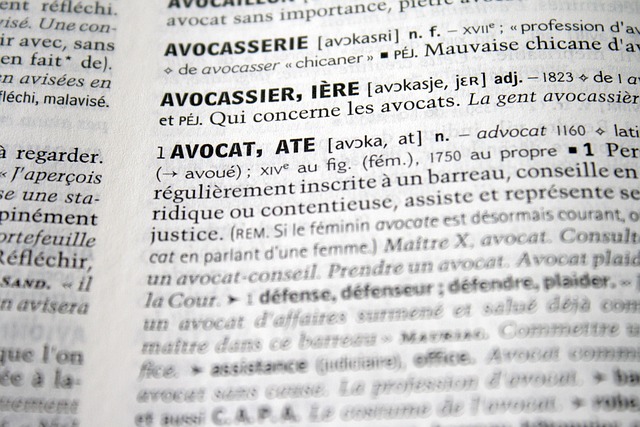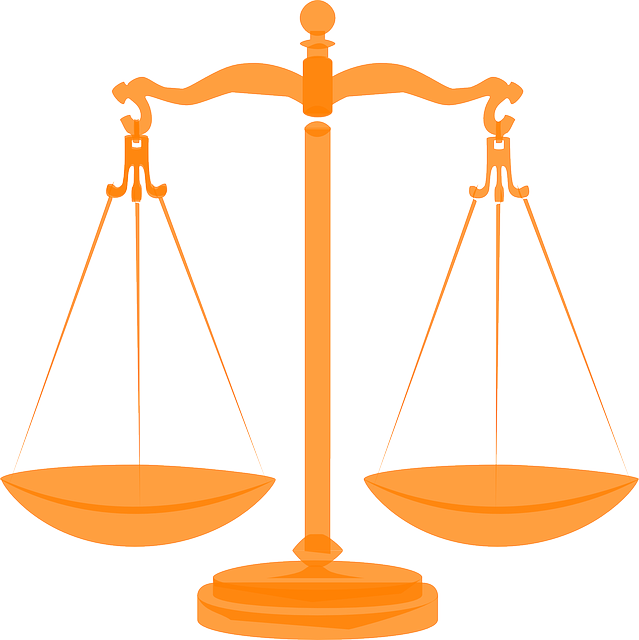Regulatory fraud laws protect consumers and investors from deceptive practices in various sectors like healthcare, finance, and environmental protection. Understanding these laws is essential for anyone considering a class action lawsuit, as they define fraud boundaries, available remedies, and key elements such as intent to deceive and material impact on decision-making. Class action lawsuits require plaintiffs to meet specific eligibility criteria, including being part of the proposed class, experiencing similar damages, and sharing common legal claims. Swift action is crucial after uncovering potential fraud; initial steps involve gathering evidence and assessing options like reporting to authorities or employing a criminal defense strategy. Evaluating Class Action Lawsuit Eligibility Requirements can guide individuals seeking collective justice and financial redress.
In today’s complex business landscape, understanding regulatory fraud laws is paramount for both businesses and consumers. This article delves into the intricacies of these laws, offering a comprehensive guide on class action lawsuit eligibility requirements and navigating the process post-discovery. By exploring definitions, scope, and practical steps, readers will gain valuable insights into their rights and responsibilities, empowering them to take proactive measures against fraudulent activities.
- Understanding Regulatory Fraud Laws: Definitions and Scope
- Class Action Lawsuit Eligibility Requirements: Who Can File?
- Navigating the Process: Steps to Take After a Potential Fraud Discovery
Understanding Regulatory Fraud Laws: Definitions and Scope
Regulatory fraud laws are designed to protect consumers and investors from deceptive practices by businesses and individuals. These laws cover a wide range of activities, including misrepresenting product quality, price, or source; misleading financial statements; and concealing material information that could impact decisions. Understanding these regulations is crucial for anyone considering a class action lawsuit eligibility, as they define the boundaries of what constitutes fraud and the potential remedies available to victims.
The scope of regulatory fraud laws extends beyond traditional white-collar and economic crimes. They encompass various sectors, from healthcare and finance to environmental protection and consumer goods. Across the country, these laws have evolved to adapt to new forms of deception, ensuring that corporate and individual clients are held accountable for their actions. Key elements often include intent to deceive, material impact on decision-making, and a causal link between the fraud and harm suffered by victims.
Class Action Lawsuit Eligibility Requirements: Who Can File?
In the realm of class action lawsuits, understanding the eligibility requirements is pivotal for those considering collective legal action. These suits are a powerful tool when individuals join forces to take on corporate giants or other entities accused of wrongful actions. To be part of a class action, potential plaintiffs must meet specific criteria. Generally, this includes being a member of the proposed class, having suffered similar damages due to the same conduct, and sharing common legal claims against the defendant(s). The focus is on numbers—the more individuals with comparable grievances who join, the stronger the case becomes.
While anyone who fits these parameters can file, high-stakes cases often attract experienced attorneys specializing in winning challenging defense verdicts for their clients. These lawyers possess the expertise to navigate complex legal landscapes and advocate fiercely for their customers’ rights. Their track record speaks to their ability to secure favorable outcomes, whether through settlement or trial.
Navigating the Process: Steps to Take After a Potential Fraud Discovery
After discovering a potential fraud, it’s crucial to act swiftly and understand the process involved. The first step is to gather all relevant information and evidence, ensuring it’s well-documented and preserved. This includes reviewing financial records, communications, and any other materials that could support or refute the allegations. It’s also essential to consult with legal professionals who specialize in regulatory fraud cases, as they can provide guidance tailored to the situation.
The next phase involves assessing potential remedies and options. One course of action could be reporting the suspected fraud to the appropriate authorities, such as the Securities and Exchange Commission (SEC) or other relevant regulatory bodies. Alternatively, depending on the circumstances, a general criminal defense strategy might be employed to avoid indictment, especially in cases involving white-collar crime. For those who believe they have been harmed, evaluating Class Action Lawsuit eligibility requirements could also be beneficial, providing a collective approach to seek justice and financial redress.
Regulatory fraud laws play a pivotal role in protecting consumers and investors from deceptive practices. Understanding these laws, including key terms and eligibility for class action lawsuits, is essential for anyone susceptible to fraudulent activities. By knowing the steps to take after discovering potential fraud, individuals can actively participate in holding perpetrators accountable and ensuring justice. Remember that, in navigating these complex issues, seeking legal counsel is crucial to understanding your rights and options under the law, especially regarding Class Action Lawsuit Eligibility Requirements.






